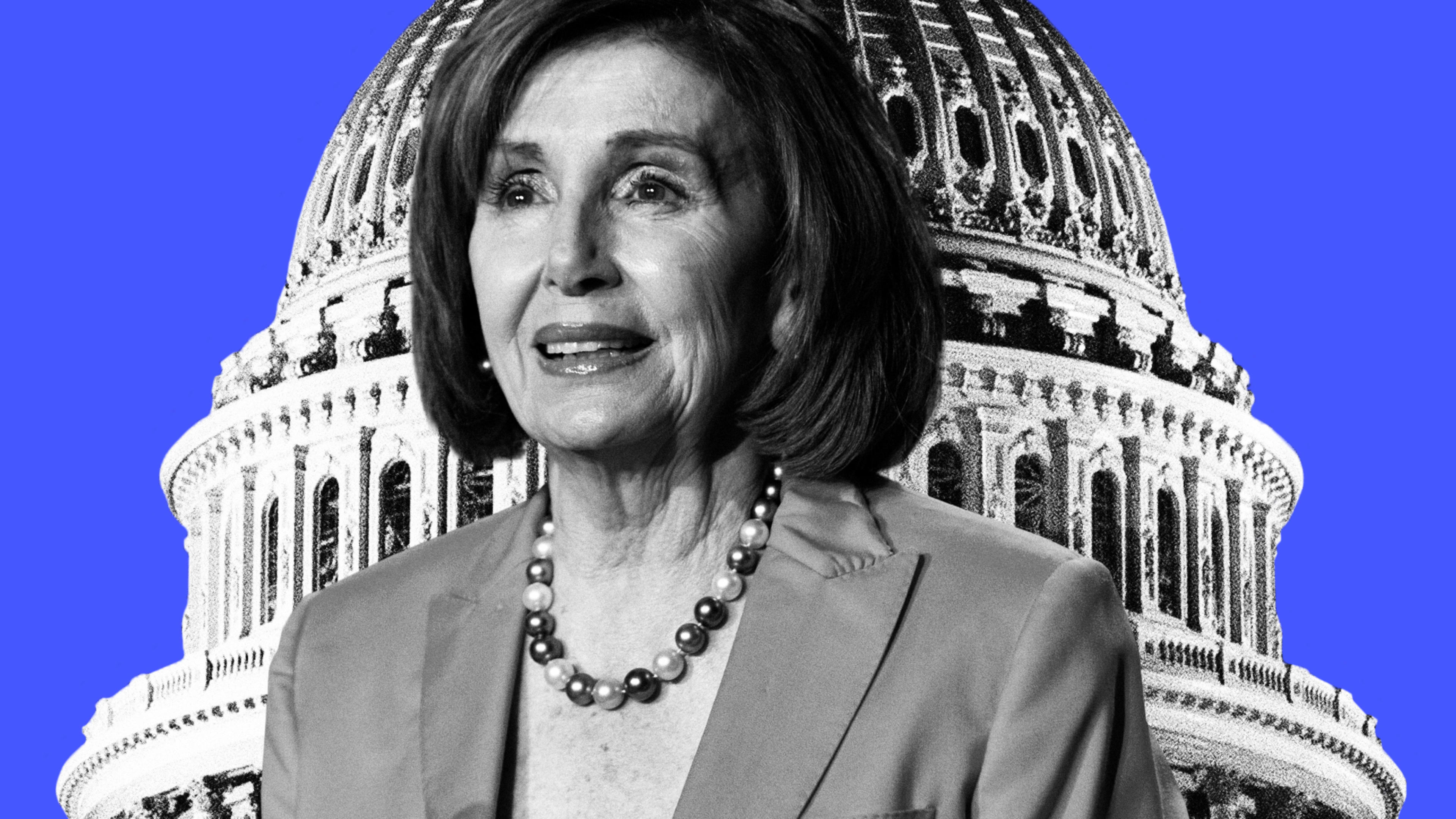Update Friday, 10:15 p.m. ET:
The House passed the HEROES Act. You can read the full text here.
Original story:
A massive $3 trillion coronavirus relief bill, put forth by Democrats in the House of Representatives Tuesday, is headed into voting today. Dubbed the Health and Economic Recovery Omnibus Emergency Solutions Act, or the HEROES Act, the legislation spans 1,815 pages and lists a number of provisions for Americans struggling economically during the coronavirus crisis.
Here are some of the main highlights:
- Funding for coronavirus testing and containment measures: The bill provides $75 billion for coronavirus testing and contact tracing implementation, and also allows all Americans to receive free coronavirus treatment.
- Direct payments to Americans: The bill provides $1,200 to individuals making less than $99,000 per year, or $2,400 to married couples making less than $198,000, and additional payments for up to three dependents.
- Extended unemployment benefits: The bill extends $600 weekly unemployment benefits until January 2021.
- Student loan debt forgiveness: The bill offers $10,000 loan cancellations to “economically distressed borrowers,” defined as borrowers already under pressure before the start of the pandemic.
- Support for homeowners and renters: The bill offers $100 billion to low-income renters to protect them from eviction, and $75 billion to homeowners for mortgage payments, to protect them from foreclosure.
- Support for frontline workers: The bill establishes a $200 billion “Heroes’ Fund” to cover hazard pay for essential workers, and supplies $850 million to states to assist with childcare and family care for essential workers.
- Support for farmers: The bill provides $50 million to farmers, farmers markets, and local food producers impacted by supply chain disruptions, and another $50 million to fledgling farmers and ranchers.
- Funding for the U.S. Postal Service: The bill provides $25 billion to the USPS.
- Funding for state and local governments: The bill provides $500 billion to state governments, $375 billion to local governments, $20 billion to U.S. territories, and $20 billion to tribal governments.
- Election security: The bill provides $3.6 billion to states to prepare for upcoming elections and to increase election security.
Capitol Hill legislators’ response to the proposal has been mixed, with Democrats saying it doesn’t go far enough to ensure healthcare and economic security for Americans, and Republicans saying the price tag is far too high. If the proposal passes a House vote today, according to reports, some Republicans have indicated that the bill is likely “dead on arrival” in the Republican-led Senate.
Recognize your brand’s excellence by applying to this year’s Brands That Matter Awards before the early-rate deadline, May 3.
